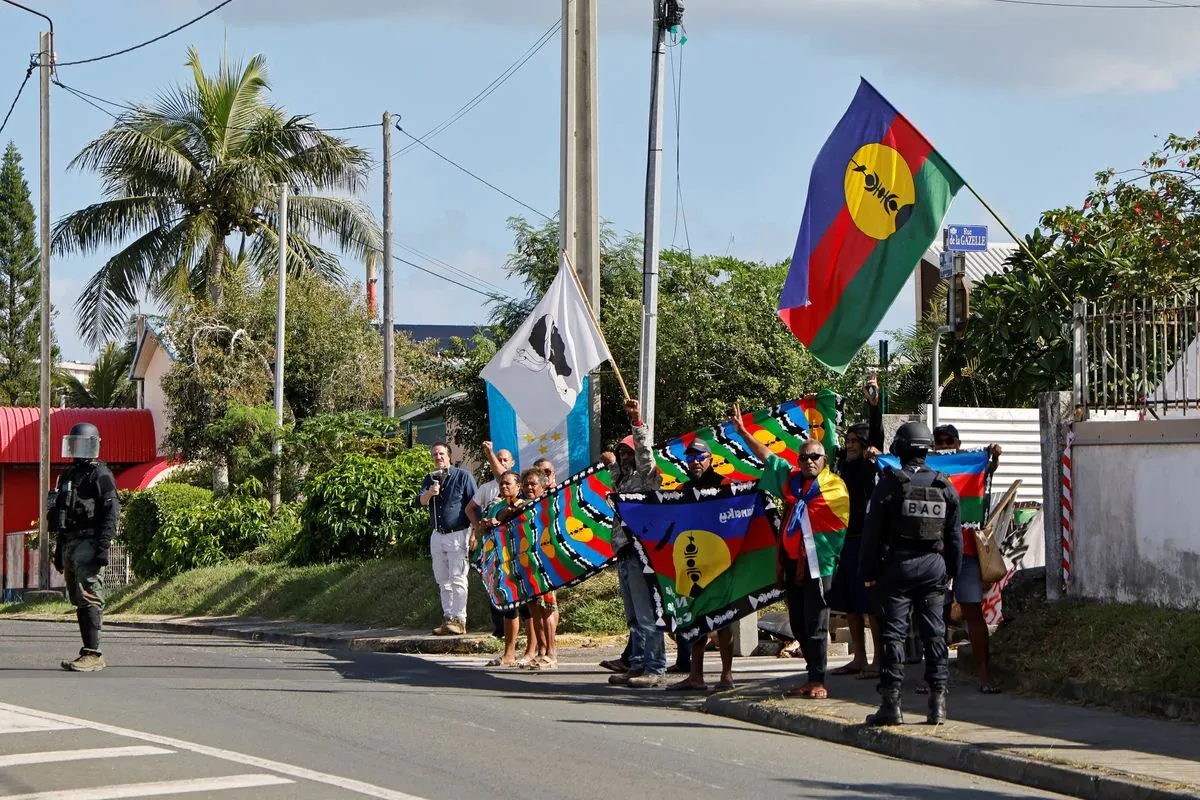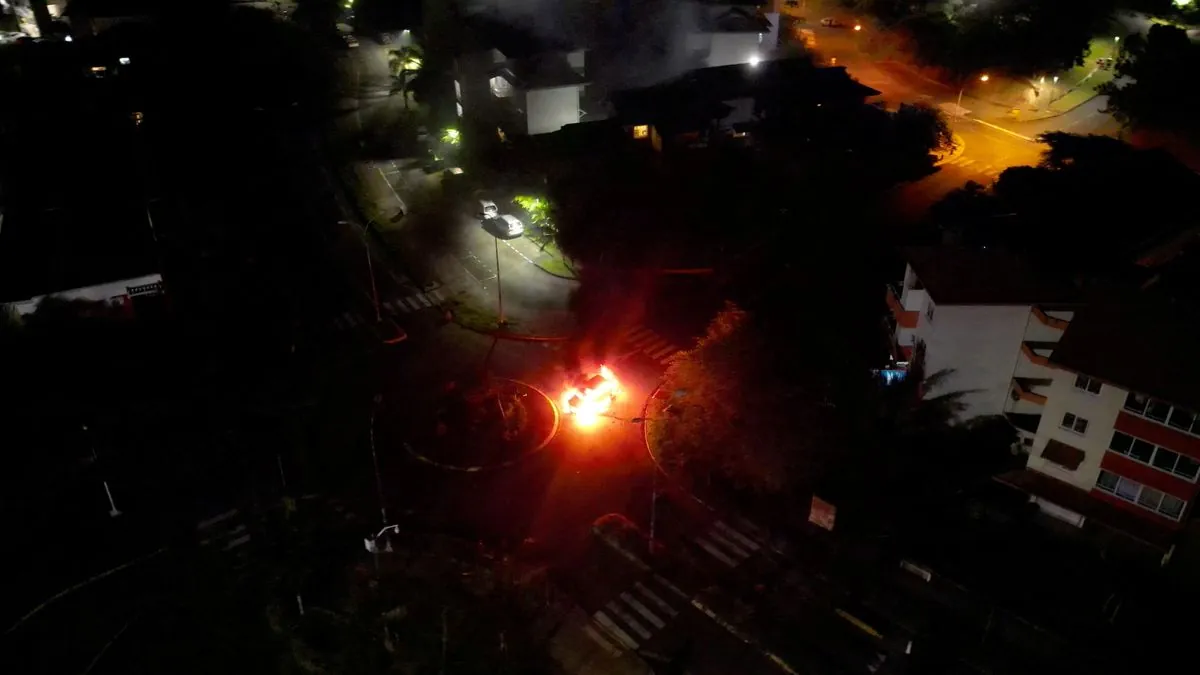Pacific Leaders to Visit New Caledonia Amid Unrest, Macron Approves
French President Macron has agreed to a Pacific Island leaders' visit to New Caledonia to assess civil unrest. The delegation aims to reduce violence and promote dialogue amidst tensions over voting reforms.

French President Emmanuel Macron has given his approval for Pacific Island leaders to visit New Caledonia, a French territory in the South Pacific, to evaluate the ongoing civil discord between indigenous Kanaks and French loyalists. This development comes as tensions continue to simmer in the region, known for its rich marine biodiversity and significant nickel deposits.
Mark Brown, the chairman of the Pacific Islands Forum and Prime Minister of the Cook Islands, confirmed that Macron's letter of approval was received on Friday, August 4, 2024. The planned delegation, consisting of three leaders, is expected to travel to New Caledonia later this month, prior to the annual Pacific Islands Forum leaders meeting scheduled for August 26, 2024.

The visit aims to address the recent unrest that erupted in May 2024 over contentious voting reforms. Indigenous Kanaks, who form a significant part of New Caledonia's diverse population, are concerned that these reforms might diminish their electoral influence and complicate future independence referendums. Conversely, the French government maintains that the changes are necessary to enhance democratic processes.
Brown emphasized the delegation's objectives: "Our primary goals are to mitigate the recent incidents of violence and advocate for dialogue as the path forward." He added that the delegation would likely include himself, Fiji Prime Minister Sitiveni Rabuka, and either Tonga's Prime Minister Siaosi Sovaleni or Solomon Islands Prime Minister Jeremiah Manele.
The situation in New Caledonia has escalated to the point where France has deployed hundreds of police officers to the territory. Independence activists have been disrupting daily life by setting up road blockades, paralyzing traffic and movement across the island.
It's worth noting that New Caledonia, as a "sui generis collectivity" within the French Republic, has a unique status and has been on a path of gradual autonomy since the Nouméa Accord of 1998. The territory has already held three independence referendums in recent years (2018, 2020, and 2021), highlighting the ongoing debate about its political future.
The unrest has also had implications for individual activists. In June 2024, protest leader Christian Tein was arrested and subsequently deported to France, further intensifying the already strained relations between pro-independence groups and French authorities.
As the Pacific leaders prepare for their visit, they face the challenge of navigating the complex political landscape of New Caledonia, where the interests of the indigenous Kanak population, French loyalists, and other ethnic groups intersect against a backdrop of economic dependence on nickel mining and French financial support.
"There are some sensitive political dimensions that must be taken into account but we feel that our sentiment as a forum is to firstly try to reduce the incidence of violence that has taken place over the last few months but also call for dialogue as the way forward."
This upcoming visit by Pacific leaders represents a crucial step in regional diplomacy and highlights the ongoing challenges of balancing autonomy, economic interests, and cultural preservation in the diverse and complex political landscape of the South Pacific.


































